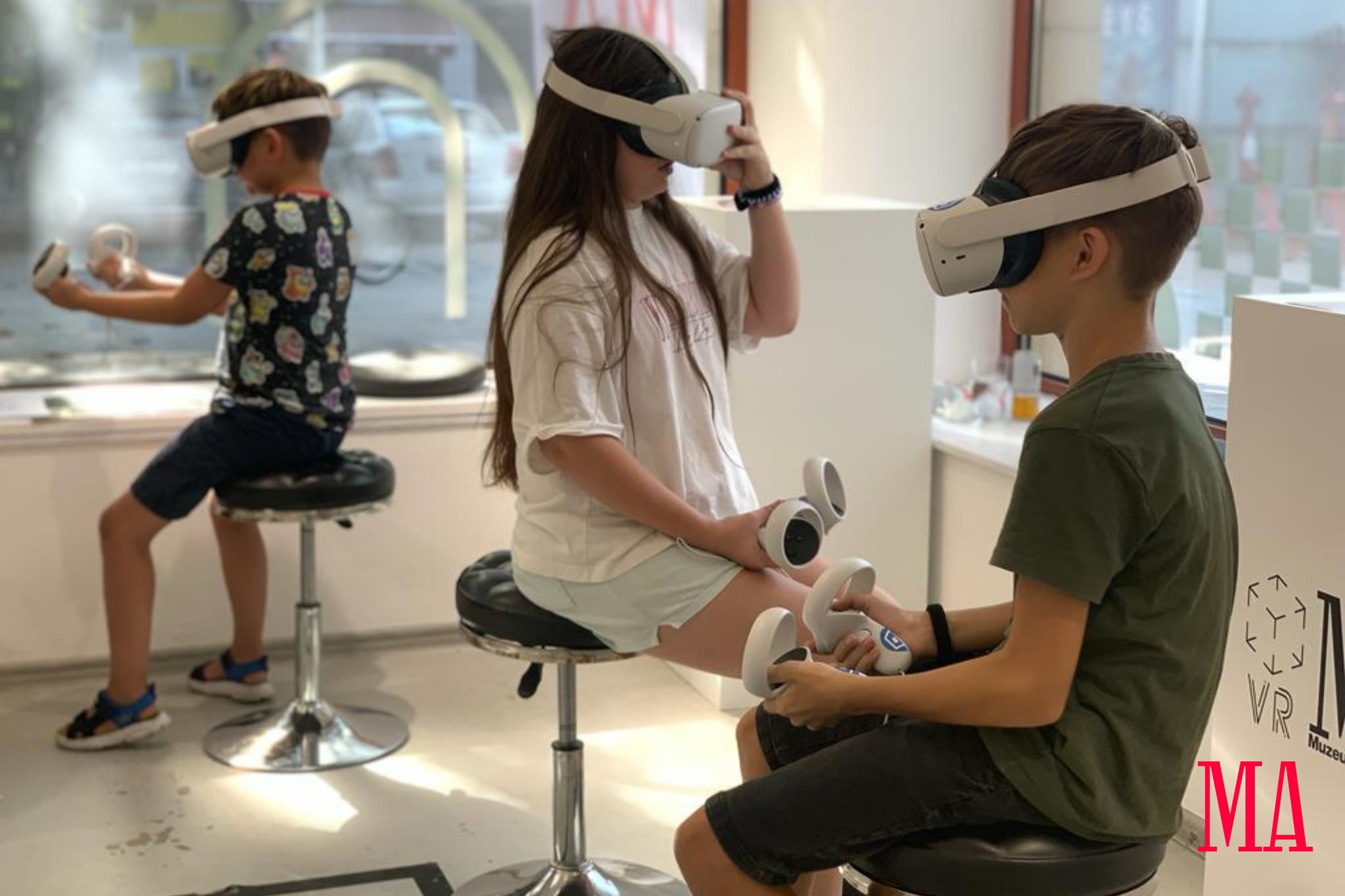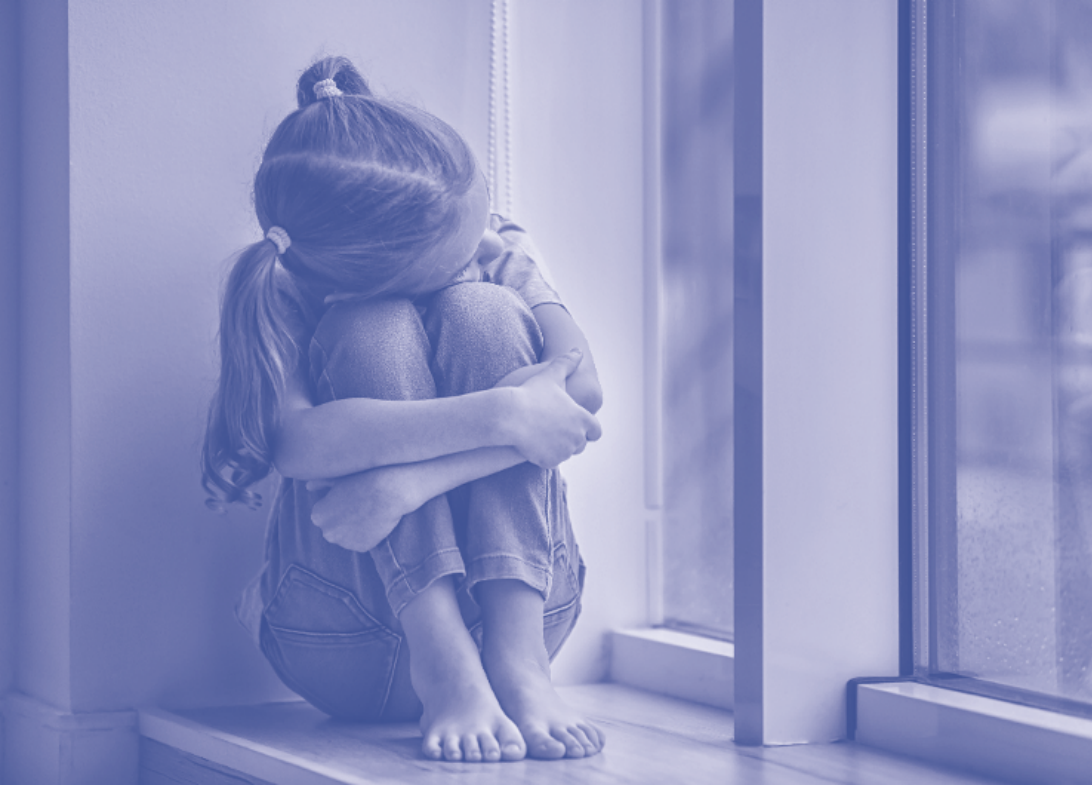The Museum of Abandonment - Digital Art and Restorative Justice in Romania
Blog by Ioana Calinescu, co-founder of the Museum of Abandonment, a socio-cultural civil society organisation participating in Eurochild member FONPC’s Ukraine humanitarian aid response programme.
The Museum of Abandonment is a digital and participatory forum-museum aiming to map out a culture of abandonment and offer a historical narrative of the abandonment and institutionalisation of children in Romania.
Mixing state-of-the-art immersive digital experiences, pop-up „unboxing” exhibitions and online PR campaigns, MA builds a memorial and cultural platform designed to provoke long-term social change. The Museum of Abandonment becomes a healing and safe space of dialogue for a national and international community whose immense collective trauma has never really been publicly acknowledged and discussed – the hundreds of thousands of abandoned and institutionalised children in communist and post-communist Romania.
“These crimes are not yet discussed in Romania, the way the Holocaust, for instance, is being discussed in Germany. That is why the Museum of Abandonment and its activity have become essential elements of this people’s memory.” Pierre-Alain Fridez, Swiss parliamentarian and rapporteur of the Committee for Social Affairs, Health and Sustainable Development of the Parliamentary Assembly of the Council of Europe (PACE)
Digital Art. Pioneering Innovation
Step into the Future, says the Museum of Abandonment, inviting the public to immerse in an interactive 3D museum experience, into the “Home-Hospital for Unrecoverable Children” in Sighetu Marmației. The building – the origin of worldwide-circulated images in the early 1990s with abandoned children in Romania – was itself abandoned twenty years ago – closed by Eurochild member Hope and Homes for Children Romania. It has been digitally preserved through 3D scanning and became the main artefact of the museum and its symbolic home.
The first VR exhibition of the Museum – Sighet, the Home-Hospital - is one of the most elaborated VR productions in Eastern Europe foreseeing the potential future of metaverse museum institutions.
Historical Repair
MA serves as a platform for acknowledging and documenting the historical injustices and trauma experienced by abandoned children in Romania. By preserving their stories, the museum contributes to the restoration of the historical record, ensuring that the narratives of these children are recognised and validated.
Social Healing
By digitising tens of thousands of documents on abandonment, collecting hundreds of testimonies from survivors of this phenomenon, MA seeks to heal the social fabric by raising awareness about the consequences of child abandonment. By engaging the public in understanding the long-term effects on these children and advocating for their rights, the museum plays a role in fostering empathy, compassion, and a sense of social responsibility.
Empowering Survivors
The museum may provide a space for survivors of abandonment to share their experiences and contribute to the narrative. This can be empowering for individuals who have been directly affected, allowing them to reclaim their stories and participate in the process of healing and awareness.
Educational Outreach
Restorative justice involves education and prevention. The museum's educational programs and outreach efforts aim to inform the public, policymakers, and future generations about the root causes of child abandonment and its impact. By doing so, it contributes to preventing future instances of abandonment through increased awareness and understanding.
For further information:




